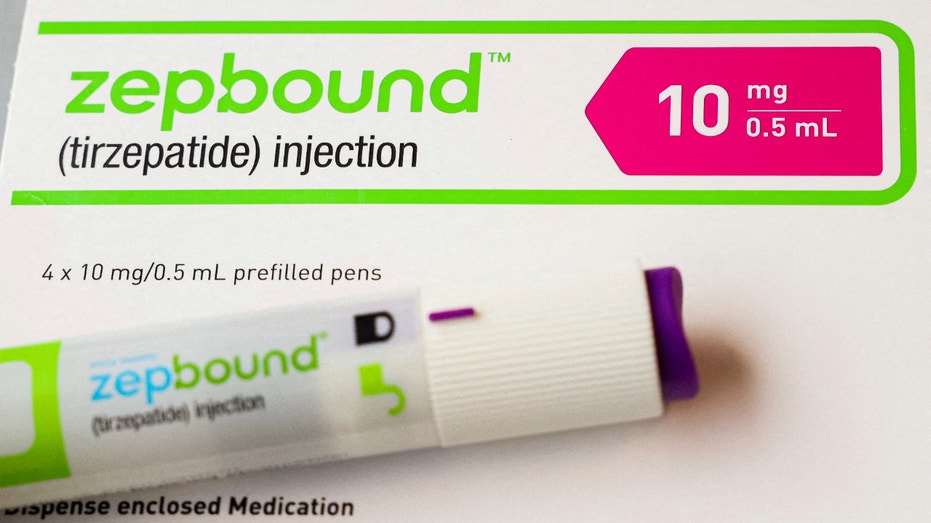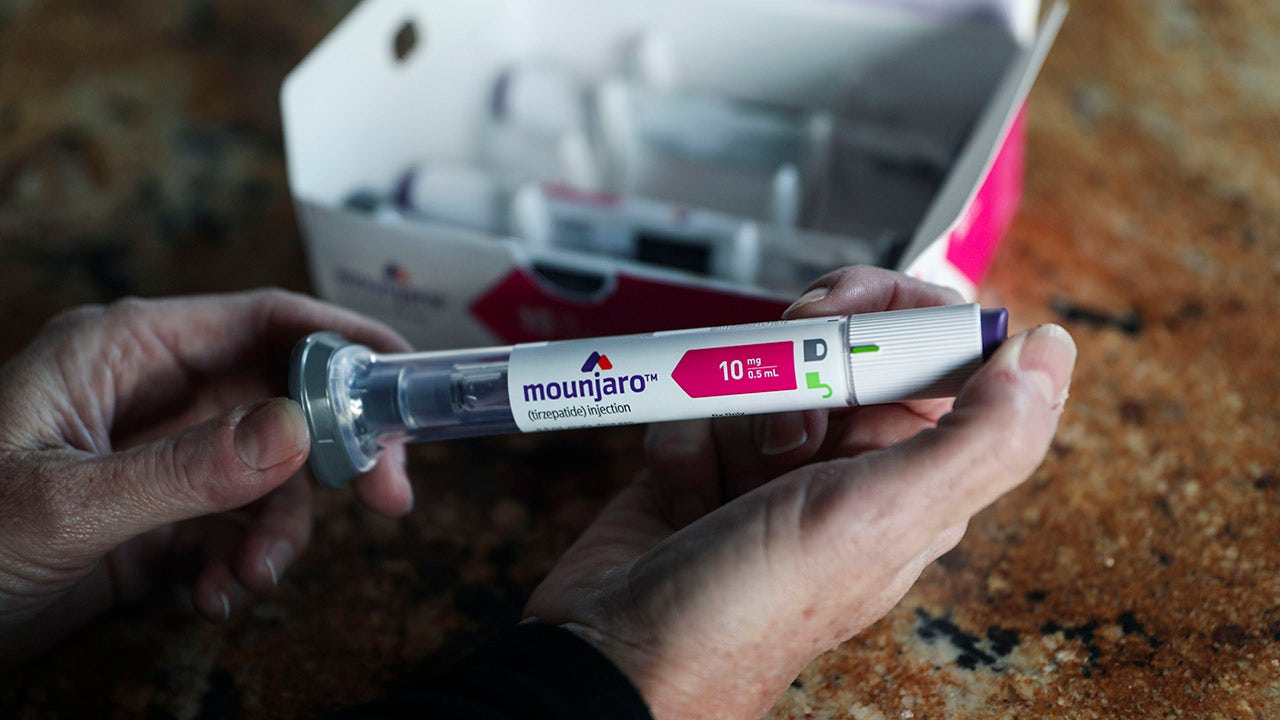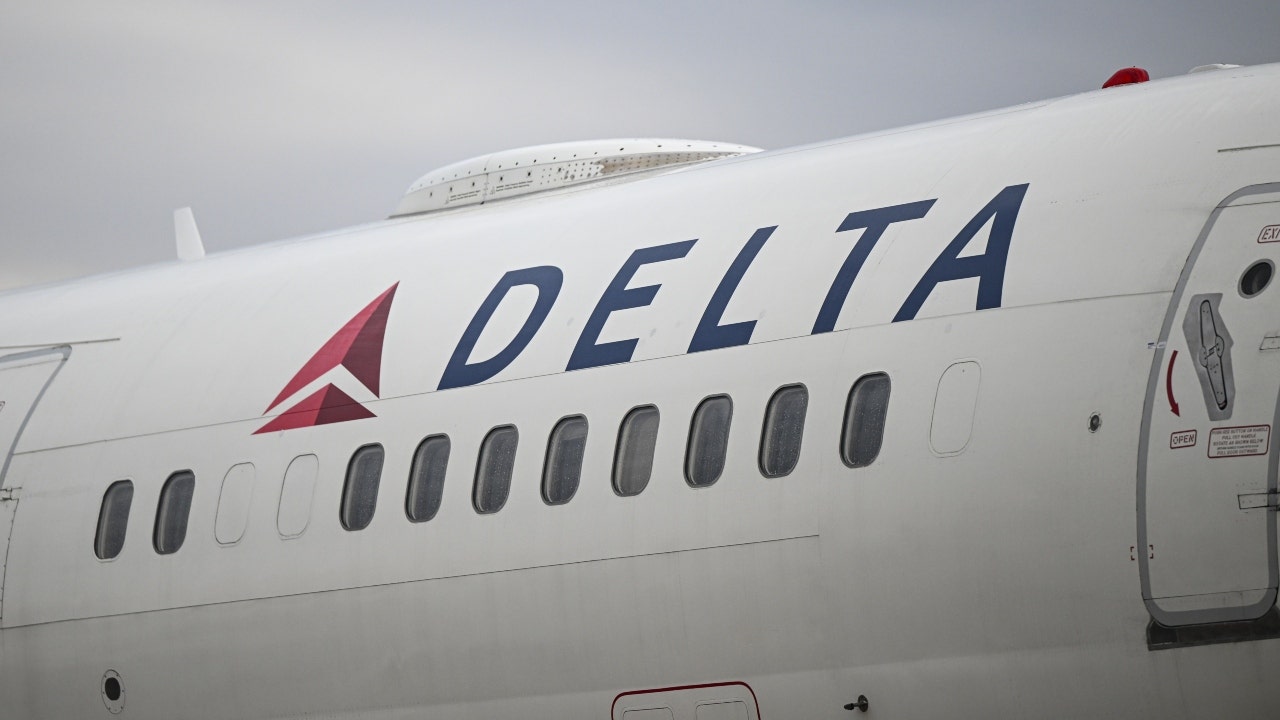The Food and Drug Administration (FDA) recently removed Eli Lily’s weight-loss drug from its shortage list, which some industry officials and medical experts argue will complicate access for some patients.
Officials say it’s a good sign for the industry that tirzepatide, sold under the brand names Mounjaro and Zepbound, is no longer in short supply, but it means patients will no longer be able to access so-called copycat versions of the drug from compounding pharmacies.
These compounded versions are typically cheaper for patients compared to the brand-name version, but they are not monitored or regulated by the FDA.
DOCTORS DRAW ATTENTION TO SAFETY ISSUES ASSOCIATED WITH POPULAR WEIGHT-LOSS DRUGS
The FDA is reconsidering its decision to take the drug off the shortage list after pushback, but Eli Lilly confirmed to FOX Business on Tuesday that the shortage remains “resolved.”
On its website, the FDA said it confirmed with the “drug’s manufacturer that their stated product availability and manufacturing capacity can meet the present and projected national demand.”
However, federal officials noted that there still may be intermittent localized supply disruptions as the products move through the supply chain from the manufacturer and distributors to local pharmacies.
What it means for patients
If tirzepatide remains off the FDA’s drug shortage list, compounding pharmacies must cease the production of these medications on any significant scale, according to gastroenterologist and obesity medicine specialist Dr. Christopher McGowan.
He cited section 503B of the Federal Food, Drug, and Cosmetic Act, which states that compounding facilities are prohibited from producing a medication that is “essentially a copy of one or more approved drug products.” However, a compounded drug may qualify for an exemption from this rule if the FDA-approved medication is on the FDA’s drug shortage list, McGowan noted.
Tirzepatide had been in shortage since 2022 due to increased demand.
“For Lilly, this is surely progress, but for many patients, at least in the near term, I’m not so sure,” Alliance for Pharmacy Compounding CEO Scott Brunner said in a statement. Brunner suspects that “plenty of patients taking compounded tirzepatide are going to be caught flat-footed by this.”
Brunner said these patients will need to see their provider in order to get a new prescription, which will take time.
“It’s possible that so many patients presently taking compounded GLP1s will be eventually switched to the FDA-approved versions – if they can afford them, of course – that it will push tirzepatide injection back into shortage,” he added.
WEIGHTWATCHERS CEO SIMA SISTANI OUT IN ABRUPT EXIT, EMBRACED WEIGHT LOSS DRUGS
McGowan agreed that patients will need to seek alternative treatments, though he said “it’s worth noting that this has never been a viable long-term solution, knowing that supply lines for semaglutide and tirzepatide would eventually be restored.”

Patients who may lose access can look into options including switching to the brand-name, Zepbound, changing medication class entirely or seeking a procedural or surgical option if that fits their overall goals, according to McGowan.
However, both McGowan and Dr. Robert Glatter, a NYC-based emergency room doctor, recognizes that a majority of patients using compounded versions are doing so because of the cost.
“The reality is that the majority of patients simply cannot afford high out of pocket costs to purchase such medications, particularly when “coupons” are unavailable,” Glatter told FOX Business.
McGowan said fewer than one in five commercial insurers offers coverage for brand-name GLP-1 medications, “making them unobtainable for most individuals.”
Lilly has been urging “employers, insurers, and the government to recognize that obesity is a chronic disease and to increase coverage of medicines to treat it.”
In the meantime, eligible patients with commercial insurance coverage can get Zepbound for as low as $25 a month, Lily said. Those without insurance coverage, will have to pay $399 (2.5mg) for single-dose vials, or $549 (5mg) for a month’s supply through LillyDirect’s self-pay pharmacy.
Lilly said it doesn’t believe patients should be exposed to “the risks in taking untested, unapproved knockoffs.”
“FDA has rightly and repeatedly expressed concerns with unapproved GLP-1 drugs used for weight loss, and that such drugs are ‘risky for patients, as unapproved versions do not undergo FDA’s review for safety, effectiveness and quality before they are marketed’,” the company said in a statement to FOX Business.
While the FDA reviews whether there is a shortage of the tirzepatide, it will still allow compounding pharmacies and facilities to keep providing the drugs, according to Reuters.












